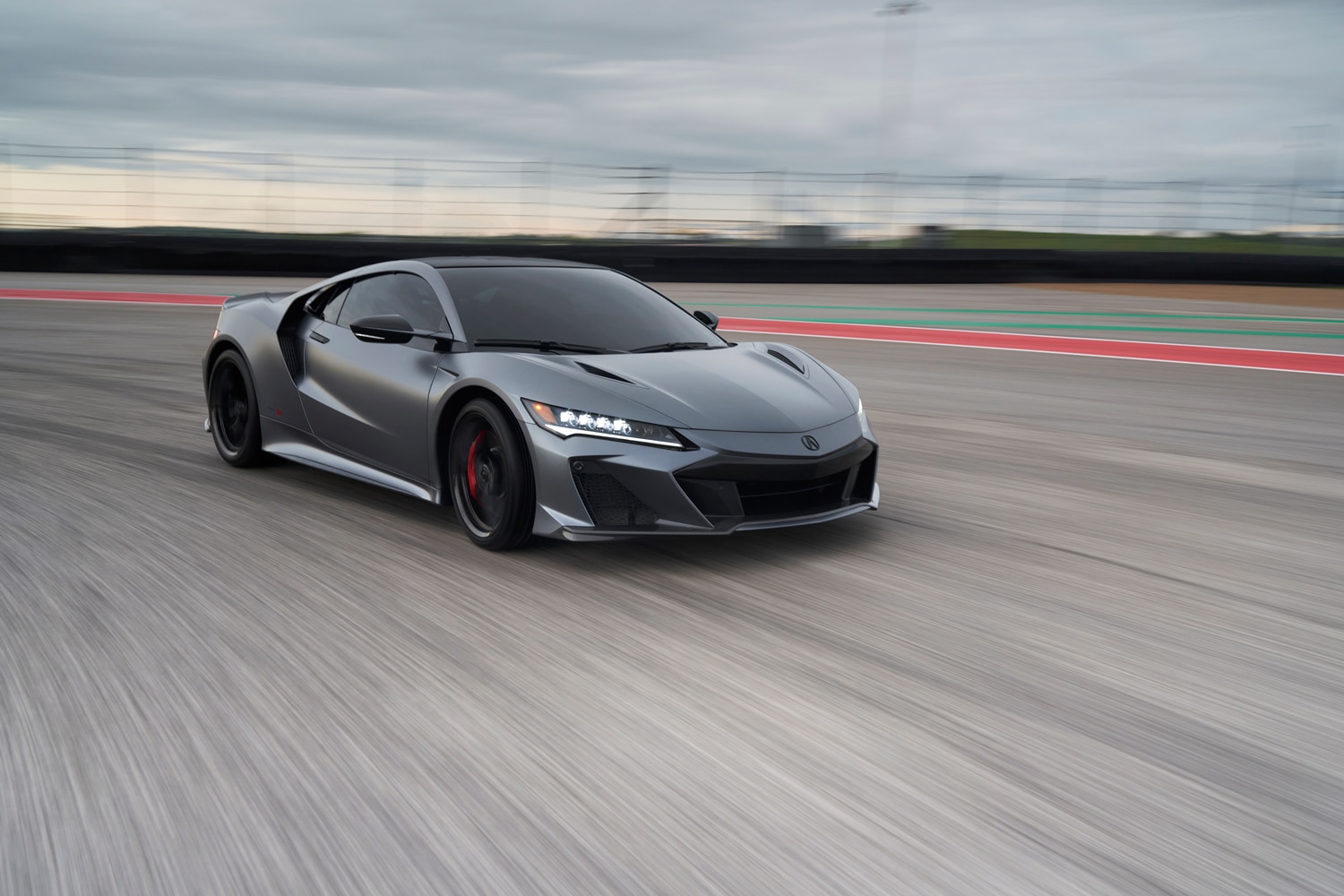Pulse of Information
Your source for the latest insights and updates.
Hybrid Cars: The Secret Weapon in Your Eco-Friendly Arsenal
Unleash the power of hybrid cars! Discover how they can supercharge your eco-friendly lifestyle and save you money.
Understanding Hybrid Cars: How They Work and Their Environmental Impact
Hybrid cars represent a significant advancement in automotive technology, combining traditional internal combustion engines with electric propulsion systems. This innovative design enables these vehicles to operate on both gasoline and electricity, enhancing fuel efficiency and reducing greenhouse gas emissions. At the core of a hybrid car's operation are two main components: the internal combustion engine and the electric motor. The vehicle alternates between these two sources of power, which is controlled by sophisticated computer systems that optimize energy use based on driving conditions and battery charge.
The environmental impact of hybrid cars is notably positive, especially in comparison to their gasoline-only counterparts. By utilizing electric power, hybrid vehicles can significantly decrease harmful emissions, contributing to cleaner air quality and less environmental degradation. Additionally, many hybrid models are designed to recharge their batteries through regenerative braking, which harnesses energy typically lost during braking. According to estimates, driving a hybrid vehicle can lead to savings of up to 30-50% in fuel consumption, making them an attractive option for eco-conscious consumers.

5 Reasons Why Hybrid Cars Are Essential for Sustainable Living
In today's world, the urgency for sustainable living has never been more pressing, and hybrid cars play a crucial role in this movement. First and foremost, hybrid vehicles significantly reduce carbon emissions, which are major contributors to climate change. By utilizing both a gasoline engine and an electric motor, these cars consume less fuel and emit fewer pollutants compared to traditional vehicles. This dual-engine system not only helps in conserving fossil fuels but also aids in preserving air quality in urban areas, making it a vital choice for environmentally conscious consumers.
Secondly, the cost-effectiveness of hybrid cars makes them a practical solution for sustainable living. While the initial purchase price may be higher than that of conventional cars, owners benefit from lower fuel costs and government incentives that encourage eco-friendly transportation. Additionally, with advancements in technology, hybrid vehicles are becoming increasingly efficient, leading to substantial savings on fuel over time. By choosing a hybrid car, consumers participate in a more sustainable lifestyle while simultaneously enhancing their financial well-being.
Are Hybrid Cars the Future of Eco-Friendly Driving?
As concerns about climate change and environmental sustainability continue to rise, many automotive experts and consumers alike are asking the question: Are hybrid cars the future of eco-friendly driving? Hybrid vehicles, which utilize a combination of gasoline engines and electric motors, have gained significant popularity due to their ability to reduce fuel consumption and lower emissions. According to recent studies, hybrid cars can achieve fuel economy ratings of up to 50 miles per gallon, making them an attractive option for those looking to lessen their ecological footprint while still enjoying the convenience of traditional driving.
Moreover, hybrid technology has advanced over the years, making these vehicles more efficient and user-friendly. With features such as regenerative braking that harnesses energy lost during acceleration, hybrid cars are continuously evolving to meet the demands of eco-conscious consumers. While there are still debates about the complete sustainability of hybrid vehicles versus fully electric cars, one thing is clear: the rising adoption of hybrid technology is paving the way for a more environmentally friendly future in the automotive industry. As we move forward, it appears that hybrid cars may indeed be a significant component in the future of eco-friendly driving.